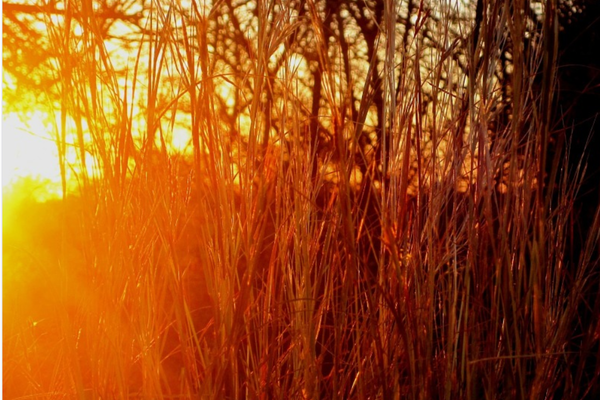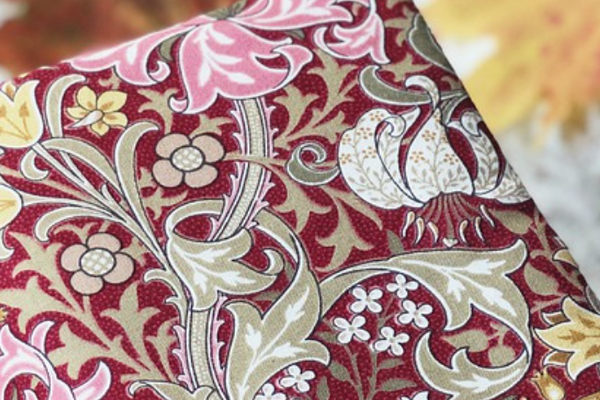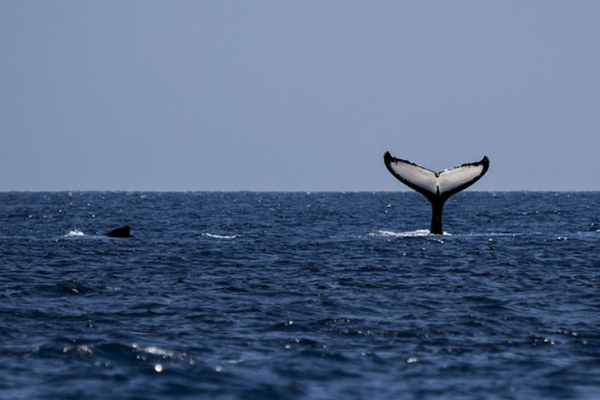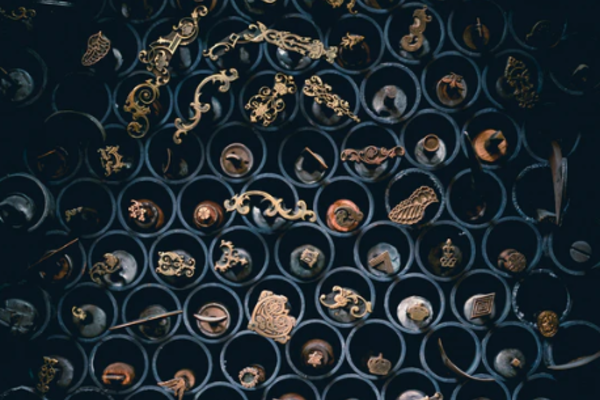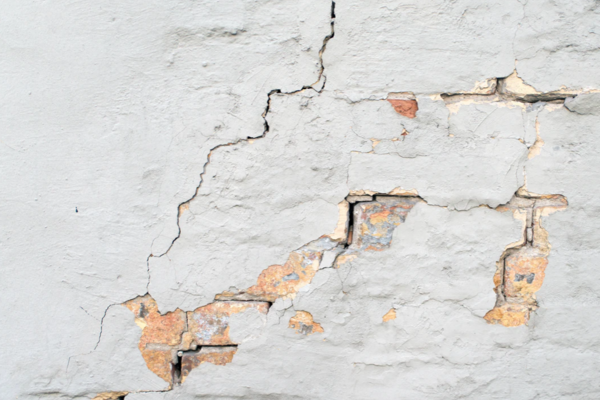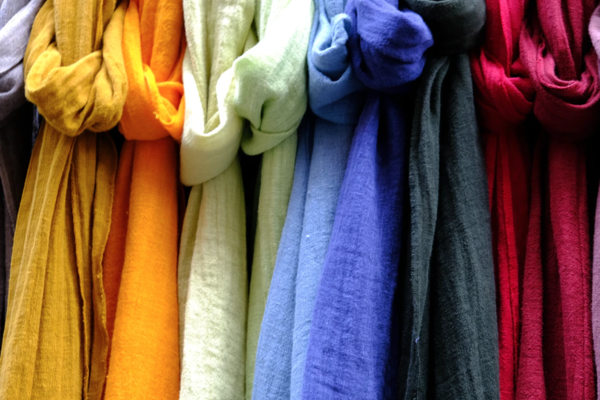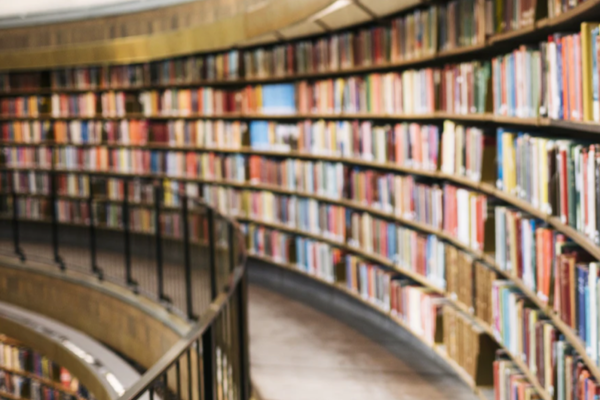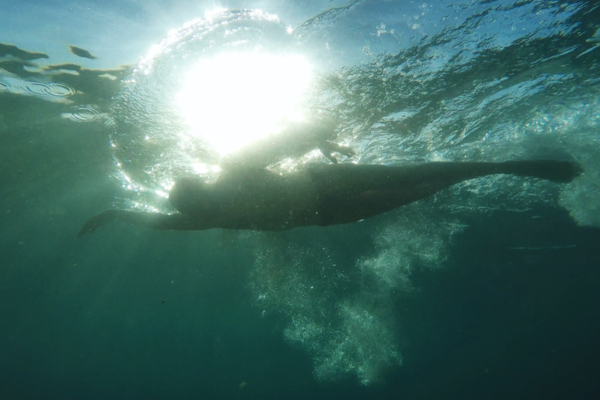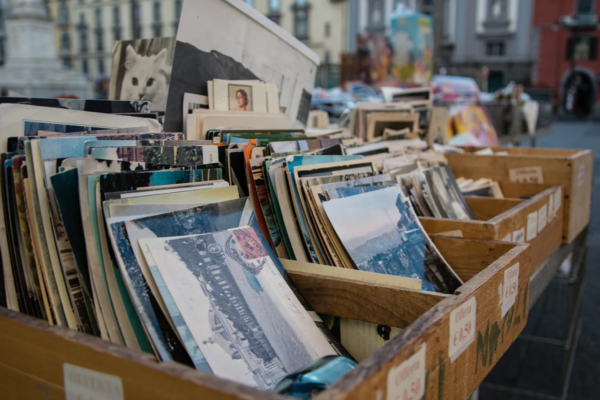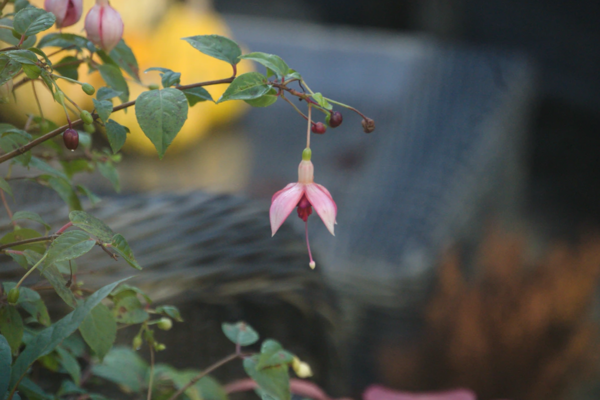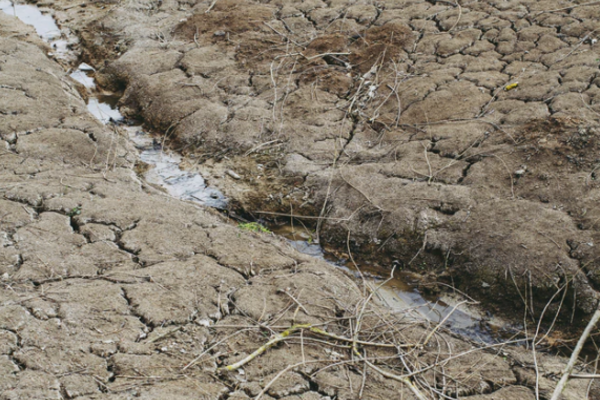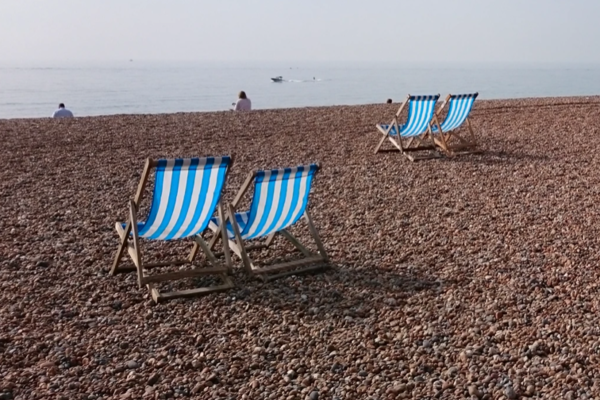Letter from Madrid: Today They Let the Children Out
I talk to a friend in New York who says that their pause will probably be over soon. I am stunned, and envious, that that it is officially called the “pause”. It sounds so gentle. Our pandemic state is “el estado de alarma”.
I am not a lark, but I like the early mornings now. When I wake up, I enjoy the silence, look out the window to see if it’s sunny or not, and tiptoe on the creaky wooden floors to the kitchen to put the kettle on for tea and to pop some toast in.
I don’t want to wake anyone, and I silently command the phone not to ring. If it does I know it will be someone I don’t want to hear from, or sad news. It’s just not the right time. I need the privacy of this short moment, when I can step out onto the terrace and take a sip of tea and look out at the chestnuts in blossom that grow on either side of our building. I try to focus on the pinkish white flowers against the green leaves, and not on the block of flats directly in front of me. It is a massive white building, and its windows are much smaller than ours. It doesn’t have terraces, but it has a tiny pool and a grassy area where there is nobody. We don’t leave our flats. Common areas are off limits. The parks, museums, schools and universities are closed.
Most of our neighbours have large Spanish flags hanging from their windows. Several of the flags have black ribbons attached in remembrance of the over 20,000 people who have died in Spain over the last few weeks from the Covid-19 pandemic.
At 8:00 pm all the neighbours go to their window. Someone, I don’t know who, from yet another building, blasts the Spanish national anthem, and everybody claps for 10 minutes to salute the health workers.
But I’m getting ahead of myself. That is in the evening.
When I first wake up I see nothing but books. I’m in my old room at my mother’s flat in Madrid. My bed faces rows of bookshelves, full of everything you ever wanted to know but never asked about the Spanish Civil War. The subject is covered in all genres: history, memoirs, biography, fiction. There are books in English, Spanish, French, and Russian.
The shelves are wall to wall, floor to ceiling, directly in front of my bed. I was not expecting to sleep in this bed for 44 nights (so far). After the third night, I propped myself up and had a good scan of the titles. All I could see was war, tragedies and trauma. Couldn’t I have worked on something else? Do we choose what we devote our scholarly careers to, or are we chosen by our subjects?
Has my area of expertise made me any more prepared to face the current disaster? Highly debatable.
I talk to a friend in New York who says that their pause will probably be over soon. I am stunned, and envious, that that it is officially called the “pause”. It sounds so gentle. Our pandemic state is “el estado de alarma”. I quickly learn that “lockdown”, like “lunch” or “religion”, means something different to every person and reflects complex cultural contexts.
We are allowed to go only to the pharmacy, supermarket, and the news kiosk. The strictest lockdown in Europe. At the beginning, my mother was very ill, and every morning meant calling our local National Health Service office as soon as the office opened and hoping her doctor would be able to speak to me and perhaps even stop by, and miraculously, without entering the apartment, stretch her stethoscope with her gloved hands and masked face and listen to my mother’s lungs. Looking on, through my own mask, I fought back tears when things looked very bad. Her doctor never said anything to scare me, but her eyes, over the mask, behind her glasses, and the prescriptions, said it all. My mother’s lungs rattled. First time in 82 years. I woke up to the sounds of coughing from my mother’s room. I felt very small and clumsy as I scurried through the empty grey streets to the pharmacy with my mask and gloves on, my identity card handy in case I was stopped by the police, my mother’s national health card in my jacket pocket.
Those mornings are all a blur. I can’t remember how many there were. 23? 25? My mother recovered. The doctor never abandoned us. Now that the imminent fear has faded, I like waking up. I don’t have to rush to be the first person in Madrid to reach the health services’ overloaded phone lines.
I read today on the BBC that there is no evidence that having had the virus makes you immune. I need good news and in my still-sleepy mind, I transform the headline into: there is no evidence that there is no evidence that having had the virus makes you immune.
After breakfast I get dressed, grab my keys, and prepare to go to the market. I almost always forget my mask, and have to dash back home to get it. At the entrance of the supermarket, a security guard squirts disinfectant gel onto my palms and directs me to the plastic glove dispenser. After I shop, later in the mornings, things get more complicated. At 11:30, they announce the daily official death count from the last 24 hours. It’s going down, but it’s always sad news, and it is not decreasing quickly enough for any of us to think this won’t last another 44 days, or to be sure we’ve made it.
Just weeks ago, I was a visiting professor in Barcelona, teaching a class on Spanish women and living in an apartment with a terrace and a lemon tree. I had seen signs in my local pharmacy windows saying they were sold out of masks, latex gloves and disinfectant gel, but I thought those were items for overzealous tourists.
Yesterday the Spanish government announced that children could come out today for the first time in six weeks. There were golden “one” rules: One hour, one adult, one kilometre radius from their homes. Snappy guidelines. Toys allowed. It was reported that some of the children don’t want to leave their apartments. They are afraid. One little boy is quoted as saying “I’m in no hurry to play outside. The virus is smarter than those men on tv.”
But many, many children came out to play, and the streets were filled with their voices and joy as they raced around lampposts and walked up the leafy hill towards the locked Retiro Park. All were with a parent or two, siblings, some had dogs.
The streets were transformed. It was supposed to rain, but it is a beautiful clear day. The children are back, and though things may never be like they were two months ago, they will never again be like yesterday either.
Soledad Fox Maura is Professor of Spanish and Comparative Literature, Williams College. She is a biographer, and writes on Twentieth Century Spain, the Spanish Civil War, Exile. She tweets @soledadfoxmaura


